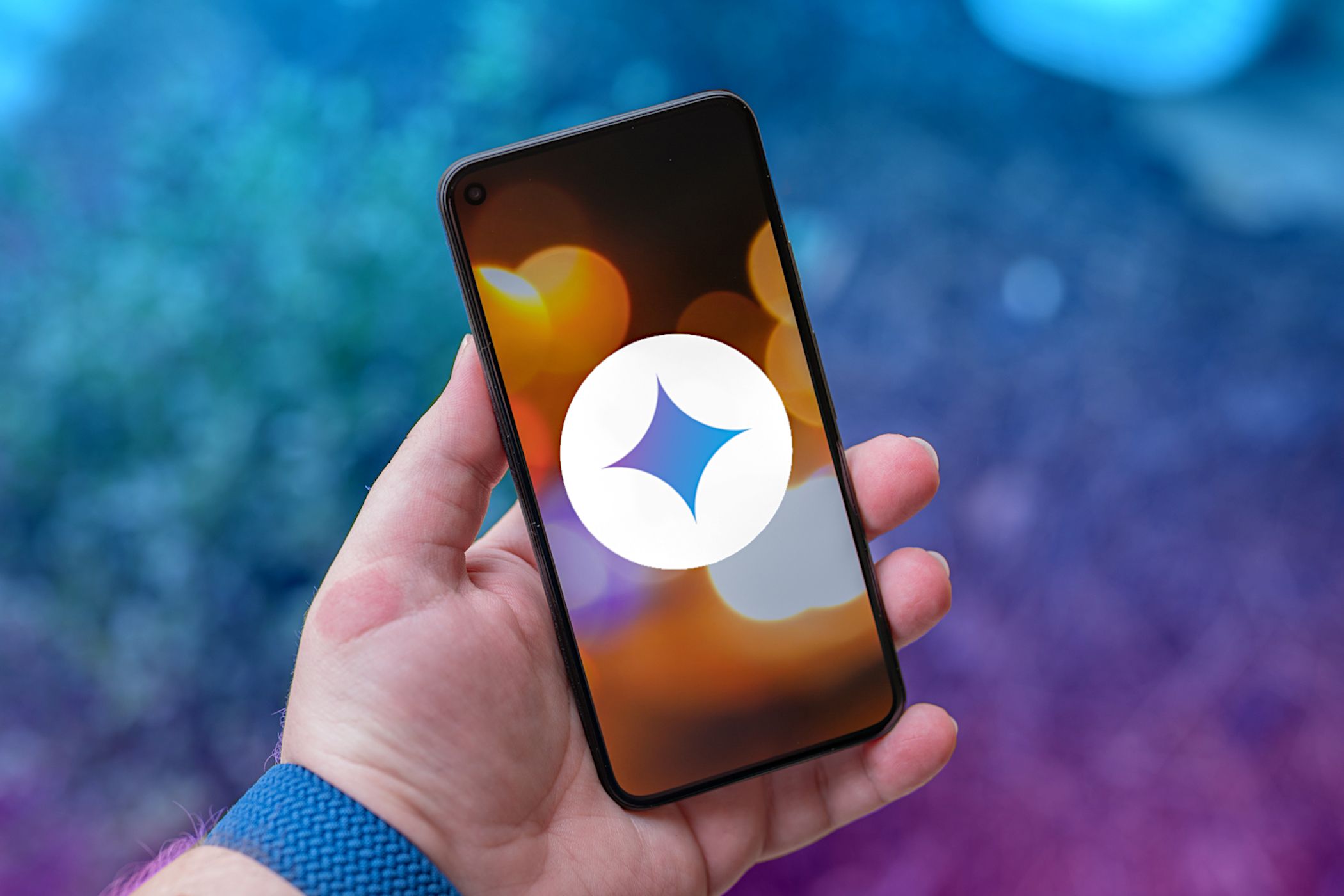Notepad Is Being “Upgraded” With AI—Here’s How To Restore the Old Version
AI (Artificial Intelligence)
Key Takeaways
- You can re-enable original notepad.exe on Windows 11 by toggling its alias in Windows Settings.
- Notepad++ is a feature-rich text editor that is a solid AI-free Notepad alternative.
Notepad is a simple text editor that has been included with Windows from the very beginning, providing simple, hassle-free plain text editing to literally generations of computer users. It’s practically holy ground, but now it has an AI assistant. Here’s how to fix that.
Restoring Old School notepad.exe
If you’re running Windows 11, at some point in the past, your version of Notepad was transparently replaced with a shiny new version from the Microsoft Store (the default app store available in Windows). When you run Notepad from the start menu or by running notepad.exe from the run dialog, this app store version is what is opened by default.
This version is the one that is being tainted with an AI assistant that can rewrite your text to make it shorter, longer, more formal, and most likely homogenized, and AI-like. As an extra kicker, it does this by sending the contents of your text file to Microsoft’s servers, and they might even start charging you for it.
Thankfully, you can still re-enable the old version of Notepad by opening the Settings App (press Windows+i) and navigating to Apps > Advanced App Settings > App Execution Aliases and toggling off Notepad. Once you’ve done that, running notepad.exe from the Run dialog (accessed by pressing Windows+R, or right-clicking on the Start button) will open notepad.exe in its former glory.
You can also create a shortcut to it by right-clicking on the desktop, selecting New > Shortcut, and entering notepad.exe into the location field.
Notepad++: Arguably The Best Notepad Alternative
If you want to take this opportunity to find a notepad replacement that has a few extra bells and whistles (while still being lightweight), Notepad++ is an AI free plain text editor that has been a favorite with programmers for years, and retains that native “Windows” feel and responsiveness (probably because it’s not a bloated Electron mess).
If you’re looking to edit rich text (with formatting, font sizes, and images) or do some desktop publishing, there are Microsoft Word alternatives that offer a bunch of sophisticated features.

















